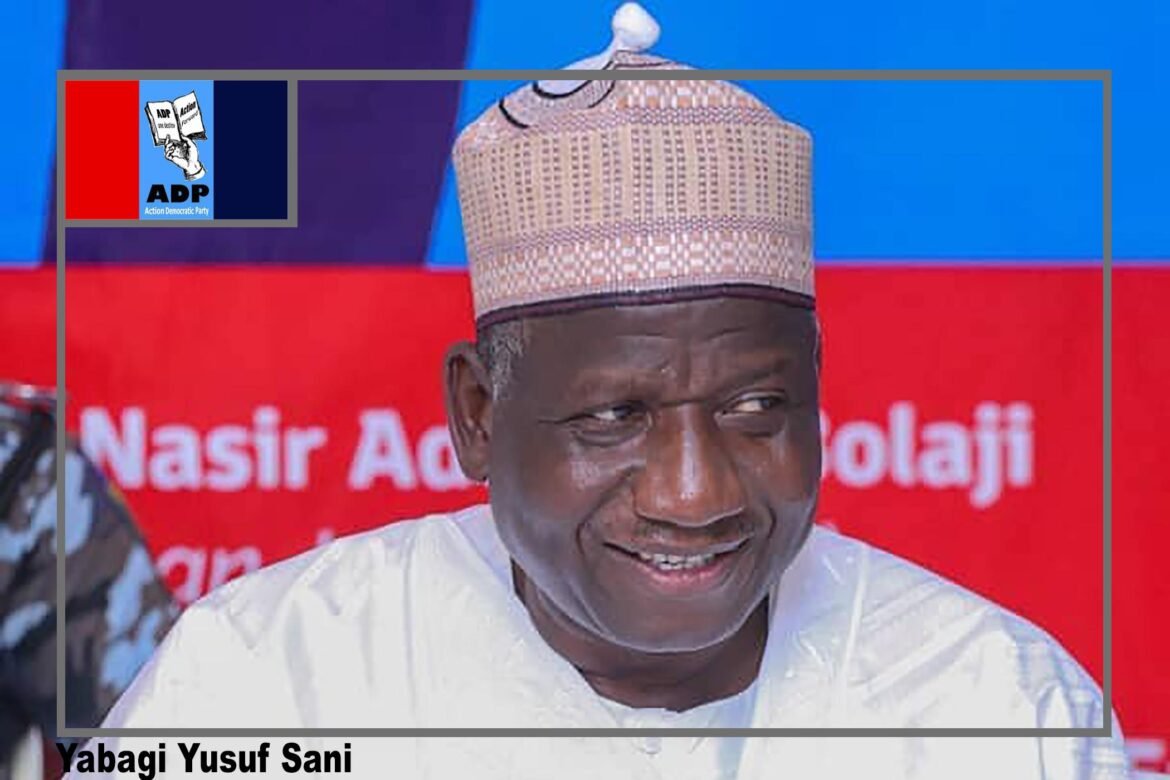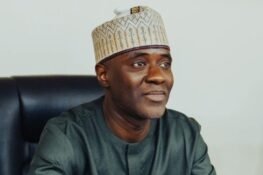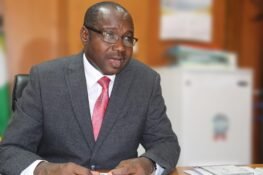What impact will OPEC’s decision to extend production cuts by nine months have on Nigeria and by how much is the country expected to scale back production?
Well, like you know, Nigeria has been violating the OPEC quota. Nigeria has not kept to the cutback as agreed. I think the quota given to us was 1.68 barrels a day.
But we are pumping more than that. We pumped up to 1.9, about 200,000 barrels more. That is almost 190,000 barrels above the cap given to Nigeria.
I am not sure Nigeria will honour the latest cutback. You will expect countries like Saudi Arabia with UAE probably will cutback.
If you remember, the last quota given, Nigeria was exempted. Nigeria, Iran and another were exempted because of their economic situation at that time. Nigeria will likely not reduce its production.
They may say they are, but I know it will be difficult. It is only a country like Saudi Arabia that can do it.
But as you know, Saudi Arabia is under pressure from United States of America asking them increase production because of the conflict with Iran. And also, Venezuela cannot meet their quota because of the sanctions placed on them by US.
Nigeria has never been a country that has taken metering seriously. How reliable are frequently quoted figures on the country’s production level?
They are not reliable at all. I was involved in a study which I conducted for NEITI as far back as 2009. And there were recommendations made, which up to today, the mediation has not taken place.
We discovered that the metres are substandard. In some places, the metering is not even there. Not only my study; I think Nuhu Ribadu also carried out a study.
The Nigerian Senate too, I think, also had their own study where they discovered that close to 400,000 barrels of crude oil were being stolen from this country.
So, the metering system, unfortunately, is not reliable. The information coming from the industry cannot be relied upon.
It is not credible at all. Today, you cannot determine how much we produce, how much we are exporting. In fact, even the revenue, the income coming to Nigeria as of crude oil sales, nobody can tell you exactly how much it is.
We have a situation where you have royalties calculated based on estimates. These are the sources of income plus the crude oil sales itself, that make up the total income for the oil and gas industry.
The bulk of it is from these three sources. That is; sales, PPT and royalties. All these things are based on estimates.
To an extent, maybe the physical metres at the export terminals are working, because of the fact that at that point in time, equity ownership is involved, which means the joint venture partners focus on money.
So probably, those metres are working because those who are coming to buy also have metres on their vessels too. If yours is not working, theirs are working.
I am talking about upstream, from production to the terminals, before it enters the terminal, the metering is absent. So the industry is operated in a very fraudulent manner. And they know it.
Even the revenue, the income coming to Nigeria as of crude oil sales, nobody can tell you exactly how much it is. We have a situation where you have royalties calculated based on estimates
Why do you think nothing has been done to fix this problem?
When you talk about good governance, we don’t know whether the new team will bring good governance to that sector of the economy, which is the most important sector today.
Other sectors are important but the most important is the one that gives you 80 per cent of your revenue. I hope, that under the new team, under Mele Kyari, they will bring good governance.
I am talking about transparency, accountability. That cannot be achieved unless you are able to measure, you are able to monitor, then you can control.
But today, you can’t measure, you can’t monitor what is happening in the field. And the government knows about it. Suggestions are there. This is not rocket science technology. The measures that need to be taken have not been taken yet.
There are reports that the absence of a petroleum minister has slowed negotiations with Saudi Arabia which plans to invest in Nigeria’s refining capacity. Is there any threat to the signed MoU?
I think the absence of a minister did not begin today. We have Mr. President who has been the minister of petroleum. He is still there.
Will we say he has relinquished that portfolio? I think it will be better if Mr. President leave that portfolio and then concentrates on the leadership position he has been given.
He wasn’t employed to come and manage the economy. He was elected to come and lead.
If you now leave your leadership position and you come, and you are now managing instead of you to employ managers, then you have a problem. So, there is nothing like an absence of a petroleum minister, the president is still there.
So we have a minister as far as I am concerned.
If you are talking about production capacity, I know we have it. But the problem is when you produce and a good percentage is stolen, the money doesn’t come back to the country
Is the tension between the US and Iran likely to destabilise the oil market particularly when it comes to oil prices?
Certainly it will because Iran is a big player, just like Venezuela is a big player. Venezuela was number three in terms of production.
Now Venzuela has gone down because of sanctions. When you now have a problem with Iran, definitely it will affect the price.
Even if Saudi Arabia tries to pump more, they can’t make up.
They themselves have their own problems. They also want to ensure there is no glut in the market.
So the tension between America and Iran will have an impact. That is why you find the price going up.
Does Nigeria have the capacity to increase oil production by as much as 20 per cent at a moment’s notice should Iran choose to obstruct shipping lanes in the Strait of Hormuz?
Nigeria’s problem is that we are supposed to increase our reserve from the 32 billion barrels it is today to about 40 billion barrels.
But we have not been able to achieve that. If you are talking about production capacity, I know we have it. But the problem is when you produce and a good percentage is stolen, the money doesn’t come back to the country. That is the issue.
Have we made enough investments to increase production capacity in the last few years?
We are talking about the good governance issue and we are talking about the gas industry, which has not been addressed.
So the investment that should have flowed into the country is not coming.
But the point I am making is that if you pass the PIB and we do not play politics with it as they are playing now, then I I think the kind of investment we are talking about will come in.
The only reason investment is not coming in is because there is no good governance in the oil and gas sector.







